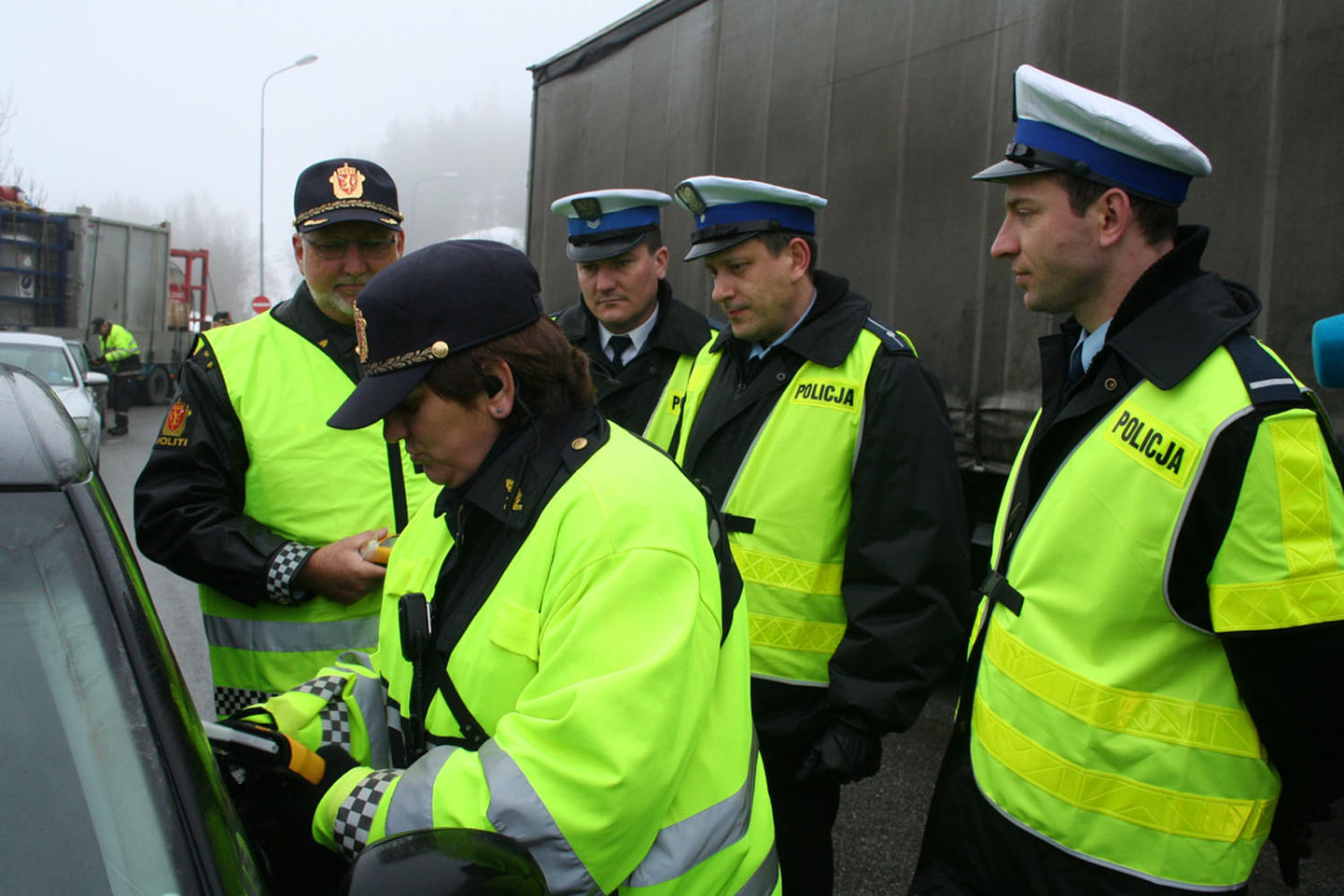The Schengen Area comprises 25 countries, and provides a border free zone across Europe. Through the Norway Grants, Norway provides a substantial contribution to improved external border control in the Schengen Area, strengthened crime prevention in beneficiary states, and increased contacts and cooperation between Schengen Members.
During the commitment period 2004-09, more than €120 of funding was allocated to 55 Schengen and the judiciary projects in seven countries under The Norwegian Financial Mechanism. The support is largely concentrated to Poland (87%) and Latvia (7%), while the remaining beneficiaries are the Czech Republic, Estonia, Lithuania, Malta and Slovakia
According to a new evaluation, the support mainly serves the fight against organised and transnational crime, illegal immigration and general law enforcement in Poland. While in Latvia and Lithuania, important support is provided to improved conditions and resocialisation programmes for prison inmates.
The support has been vital for project promoters to ensure compliance with Schengen requirements or strengthen existing systems. Valuable partnerships are established between project promoters in the beneficiary states and Norwegian police and law enforcement authorities, even though the partnership opportunity could have been promoted more effectively.
The report calls for a more strategic and results-based approach to the funding and a better correlation between national priority themes and project objectives in order to improve the effectiveness, impact and sustainability of projects. The Norwegian funding is however believed to be delivering results and impacts similar to funding within the EU and at a national level. The report provides important input when planning for the funding under the Norway Grants 2009-14.
Among the best practise examples in the report is mentioned the Terespol road border crossing in Poland, where a "blue room" designed with a warm, relaxed feel for interviewing children and assaulted women will be installed. Another example is the development of of educational and training facilities and programmes for three prisons in the Zemgale Region in Latvia, in order to reduce recidivism among inmates.
The Evaluation of Norway Grants support to the implementation of the Schengen acquis and to strengthening of the judiciary in new EU and EEA member states has been elaborated by INTEGRATION International Management Consultants GmbH.
Two additional Schengen and the judiciary projects are implemented under the Norway Grants bilateral cooperation programme with Bulgaria, which is administered separately by Innovation Norway. These two projects are not included in the Evaluation.
Picture credit: Norwegian National Police Service.
